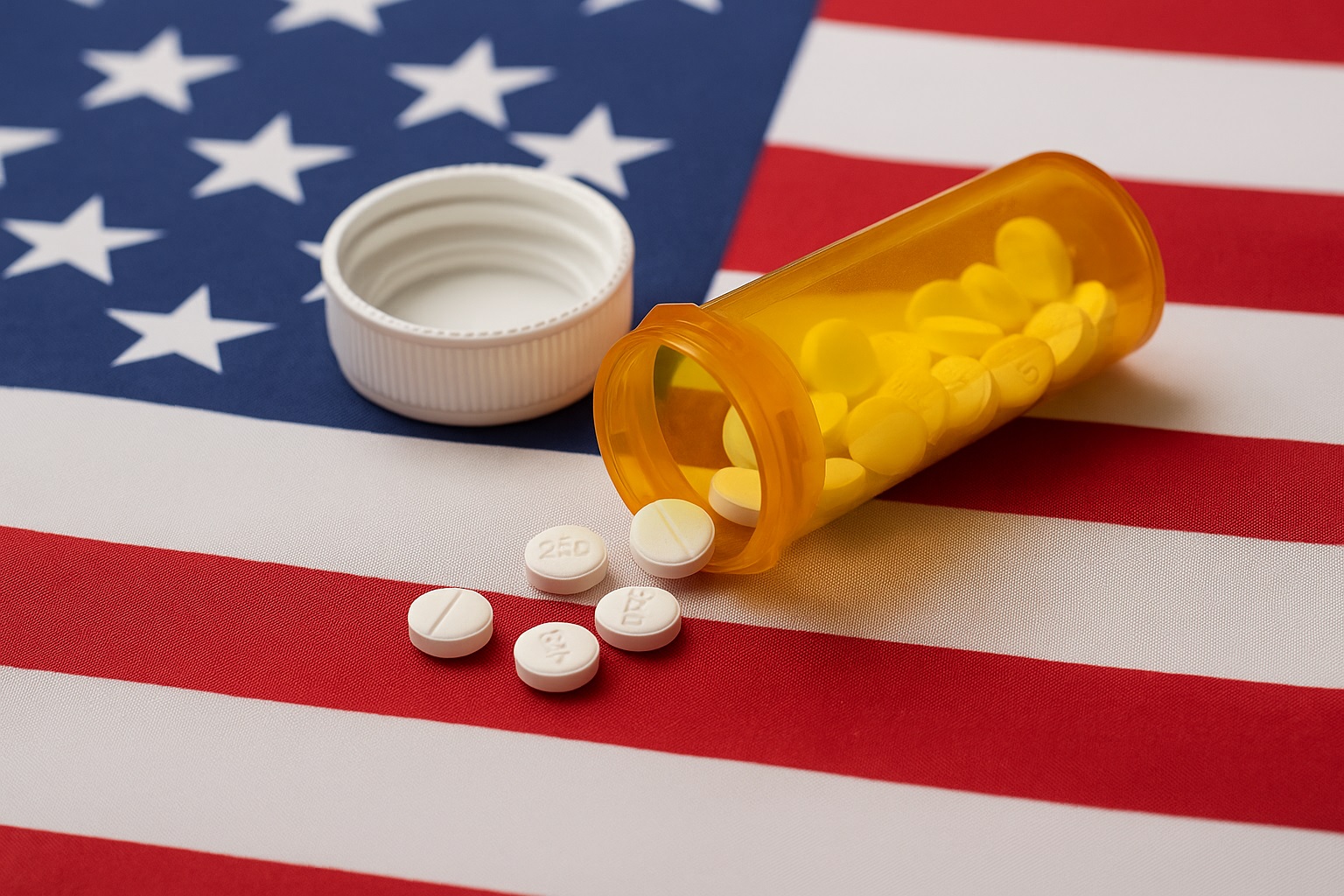At legalstatusof.com, we’ve dedicated over 15 years to supporting individuals navigating mental health and sleep challenges, blending cutting-edge research with compassionate care to empower better lives. Trazodone, a medication we’ve seen transform sleep patterns for many of our clients dealing with insomnia or depression, often sparks questions about its legal standing—especially when used off-label for restful nights. Have you ever lain awake wondering if a common prescription like this carries hidden restrictions? In this article, we’ll explore legal status of trazodone in the USA, drawing from our team’s real-world observations and scientific insights, while highlighting alternatives like zolpidem, eszopiclone, and zopiclone. We’re committed to transparency here: always consult your healthcare provider, as self-medicating can lead to unintended risks.
Trazodone’s Role in Health Management
What makes trazodone such a go-to for so many? This antidepressant primarily boosts serotonin levels in the brain, helping alleviate depression, anxiety, and—off-label—insomnia by promoting drowsiness without the heavy sedation of some sleep aids. From our experience, clients often report smoother transitions to sleep when trazodone is part of a tailored plan, especially for those with co-occurring mood issues. Approved by the FDA in 1981, it’s widely prescribed, with studies showing it improves sleep quality in up to 60% of users when dosed at 50-100 mg nightly. However, it’s not without nuances; side effects like dry mouth or dizziness affect about 10-20% of people, which is why we always recommend starting low and monitoring closely.
As leaders in neurological wellness, we’ve guided countless individuals through trazodone regimens, observing how it bridges gaps when lifestyle changes alone fall short. At the same time, its off-label use for sleep underscores the need for professional oversight to avoid dependency.
Legal Status in the USA: Not Controlled, But Regulated
Is trazodone something you need to worry about legally? Unlike many sedatives, trazodone is not classified as a controlled substance under the U.S. Controlled Substances Act, meaning it’s free from the strict DEA scheduling that applies to drugs with high abuse potential. This status stems from research showing low misuse rates, allowing for standard prescription practices without special permits. You can obtain it with a valid prescription from your doctor or psychiatrist, and it’s available as a generic, keeping costs down at otc pharmacies.
That said, it’s still a prescription-only medication, so possessing it without one could lead to misdemeanor charges in some states, though enforcement is rare for personal amounts. We’re transparent about this: while it’s legally accessible, ethical use means following your provider’s guidance to ensure safety and efficacy.
Key Legal Considerations
- Prescription Requirements: Must be issued by a licensed healthcare professional; telehealth options like Teladoc make it easier, but in-person evaluations are often preferred for initial scripts.
- Travel and Possession: Carry it in labeled bottles with your prescription when flying or crossing states to avoid questions from TSA or local authorities.
- Off-Label Use: Common for insomnia, but doctors document this to comply with FDA guidelines, reducing any legal gray areas.
Alternatives to Trazodone in the USA: Exploring Safer Sleep Options
If trazodone doesn’t quite fit—or if side effects like morning grogginess become an issue—alternatives abound, each with its own legal nuances like Zolpidem in the USA, known as Ambien, is a Schedule IV controlled substance, offering quick sleep onset for short-term insomnia but with higher abuse potential, making it more regulated than trazodone. We’ve had clients switch to it for faster relief, though its “hangover” effect can linger.
Eszopiclone (Lunesta), another Schedule IV drug, provides longer-lasting sleep with fewer interruptions, as backed by Mayo Clinic comparisons, and is often favored for chronic insomnia over trazodone’s off-label role. Zopiclone, however, isn’t FDA-approved in the USA—it’s available in other countries but illegal to import without special permission, pushing users toward approved options like eszopiclone instead. In our practice, we weigh these based on individual tolerance, always prioritizing non-habit-forming paths where possible.
Real-World Insights
One story that sticks with me is from a client in his 50s battling anxiety-induced insomnia—he started on trazodone legally through his GP and found it life-changing, but we monitored closely to taper off when needed. Such cases highlight our authoritative role in guiding safe usage, backed by our history of collaborating with top neurologists.
Moreover, we’ve seen how legal access eases burdens, but alternatives like zolpidem step in when trazodone’s drowsiness proves too much. At the end of the day, empathy drives us: we know sleep struggles are real, so we advocate for ethical, evidence-based care.
Prioritizing Your Well-Being
Non-controlled status of trazodone in the USA makes it a flexible option, but its power lies in responsible prescribing. Whether sticking with it or exploring alternatives like zolpidem or eszopiclone, remember zopiclone’s unavailability here underscores the importance of FDA-approved choices. We’re here at legalstatusof.com to support you—reach out for a consultation, and let’s build a plan that works. For more on sleep meds, visit the FDA’s drug database. Your rest is worth it.
